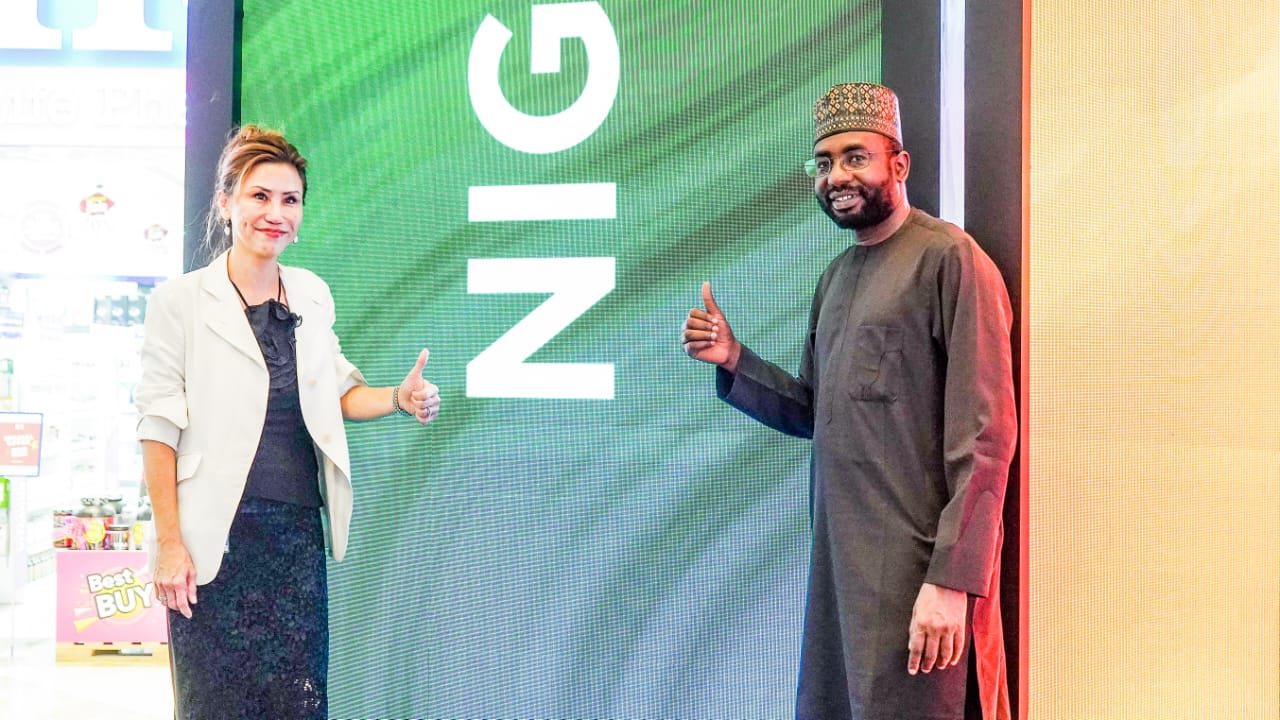Nigeria has set an ambitious target of achieving 95% digital literacy and establishing dominance in artificial intelligence (AI) by 2030. This initiative, announced by Kashifu Inuwa Abdullahi, the Director-General of the National Information Technology Development Agency (NITDA), aims to position Nigeria as a global leader in digital innovation.
Goals of the Digital Literacy Initiative
The drive towards achieving 95% digital literacy in Nigeria involves several strategic goals. By enhancing digital skills across the population, the country hopes to stimulate economic growth and technological advancement.
Key Objectives of the Initiative
- Widespread Education Programs: NITDA plans to implement extensive educational programs aimed at improving digital skills among all age groups. These programs will target schools, communities, and workplaces to ensure inclusivity.
- Partnerships with Educational Institutions: Collaborating with universities and vocational training centers is essential. By integrating digital literacy into existing curricula, Nigeria can cultivate a tech-savvy workforce equipped for the future.
- Public Awareness Campaigns: Raising awareness about the importance of digital literacy is crucial. Campaigns will inform citizens about the benefits of technology in everyday life and its role in economic development.
- Focus on Marginalized Communities: Special attention will be given to ensuring that marginalized groups have access to digital education. This focus aims to bridge the digital divide and promote equity.
- Emphasis on AI Development: Alongside digital literacy, Nigeria aims to lead in AI development. By fostering innovation in this field, the country can create jobs and drive economic growth.
Implications for Nigeria’s Future
The initiative to achieve 95% digital literacy and AI dominance has significant implications for Nigeria’s future. By prioritizing these goals, Nigeria can enhance its global competitiveness.
Expected Benefits for the Economy
- Job Creation: A digitally literate population will be better equipped to enter the job market. This can lead to the creation of new jobs in technology and related fields.
- Increased Innovation: With a focus on AI, Nigeria can encourage innovation and the development of homegrown tech solutions. This can attract foreign investments and partnerships.
- Boosting Entrepreneurship: Digital literacy empowers individuals to start their own businesses. By equipping citizens with the necessary skills, Nigeria can foster a culture of entrepreneurship.
- Improved Public Services: Enhanced digital skills can lead to more efficient public services. E-governance initiatives can streamline processes and improve transparency.
- Global Competitiveness: Achieving these targets will position Nigeria as a contender in the global digital economy. A skilled workforce can enhance the country’s reputation in technology and innovation.
Kashifu Inuwa Abdullahi’s vision for a digitally literate Nigeria aligns with global trends towards digital transformation. By focusing on education and innovation, Nigeria can harness the potential of technology for national development.
Conclusion: Nigeria Aims for 95% Digital Literacy by 2030
In conclusion, Nigeria’s ambition to reach 95% digital literacy and dominate AI by 2030 is a bold step towards becoming a global leader in digital innovation. Under the guidance of Kashifu Inuwa Abdullahi, the NITDA aims to implement strategies that will empower citizens and drive economic growth.
This initiative represents an opportunity for Nigeria to transform its economy and improve the quality of life for its citizens. By prioritizing digital skills and innovation, Nigeria is positioning itself for a brighter, tech-driven future.
FAQ Section
What is the goal of Nigeria’s digital literacy initiative?
The goal is to achieve 95% digital literacy and establish dominance in artificial intelligence by 2030.
Who is leading this initiative?
Kashifu Inuwa Abdullahi, the Director-General of NITDA, is spearheading this initiative.
How will digital literacy benefit Nigeria?
Improving digital literacy can create jobs, foster innovation, boost entrepreneurship, and enhance public services.
What strategies will be used to achieve these goals?
Strategies include educational programs, partnerships with institutions, public awareness campaigns, and a focus on marginalized communities.




